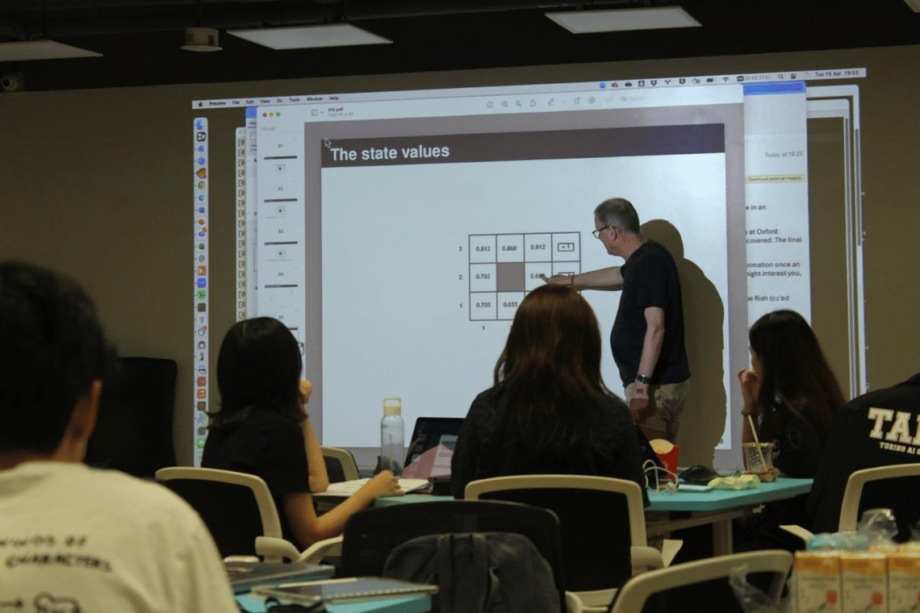By academic year 2027, the Nanyang Technological University (NTU) aims to take in 60 students per cohort for a scholar programme on artificial intelligence (AI) that is named after wartime codebreaker and British computing pioneer Alan Turing.
The Turing AI Scholars Programme kicked off in 2024 with a first batch of 34 students. It now has another 47 in its second intake.
A four-year direct honours scholars track, the programme is offered to undergraduates pursuing Computer Science, Data Science and AI, and AI and Society at NTU’s College of Computing and Data Science.
Students who are chosen will be put on a specialised curriculum combining advanced AI coursework and research projects. Other features include masterclasses, one-to-one mentorship, immersion trips and overseas exposure.
Professor Bo An, the programme’s director and NTU’s division head of AI, said it was created for students with a strong passion for advancing AI.
The programme is open to undergraduates with exceptional academic records and co-curricular achievements. Aside from leadership qualities, applicants should also show passion in AI development and have a strong foundation in mathematics.
For participants like Ms Yvonne Lim, 20, a second-year data science and AI student from the pioneer batch, getting to engage closely with global experts has been a key draw.
Over the course of their first year, Ms Lim and her fellow Turing AI programme participants attended weekly three-hour masterclasses at NTU by professors Michael Wooldridge and Peter Millican from the University of Oxford.
“We got to delve into the history of AI, and engage with foundational questions about AI’s limits and what is the evaluation matrix for it to be considered intelligent,” she said.
Now in their second year, they will also attend a masterclass by Professor Armando Solar-Lezama from the Massachusetts Institute of Technology.
Mr Mohamed Farsat Ansari, 21, a first-year computer science student in the second cohort, said the sessions conducted by Prof Millican gave him interesting insights about how AI was conceptualised.







